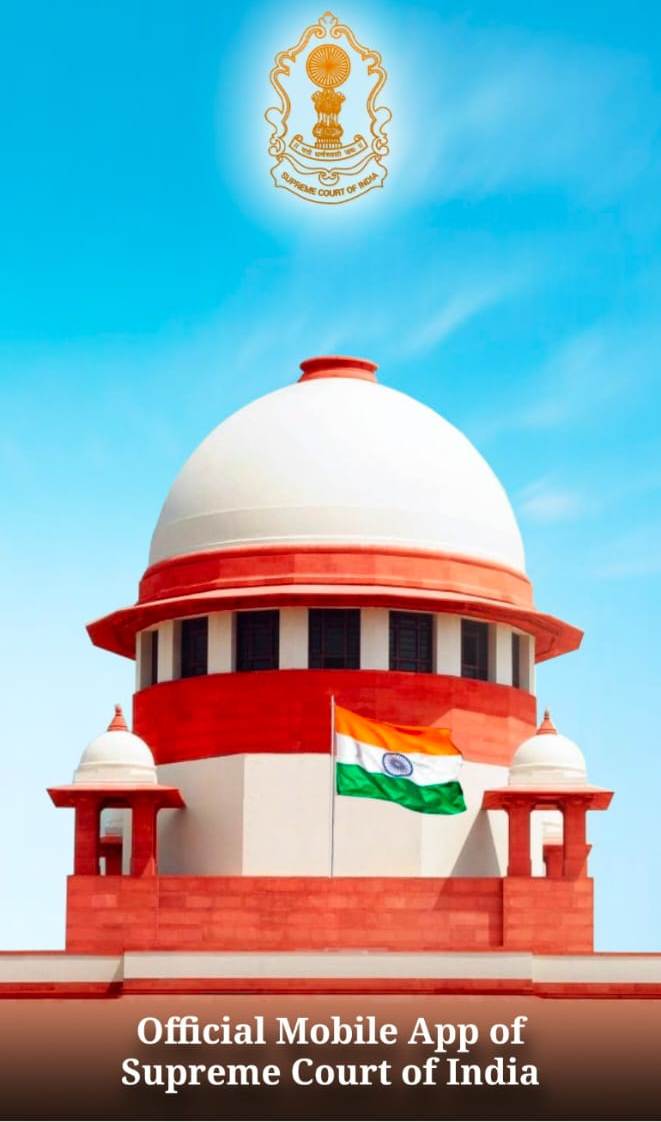The Supreme Court said that a dying declaration that was discarded by the court while acquitting the accused cannot be the basis for conviction of another accused.
It was found by the bench comprising of Justice BR Gavai, Justice PS Narasimha, and Justice Prashant Kumar Mishra found that dying declaration of a woman was relied while convicting her husband,whle allegations against father-in-law were disbelieved.
“In the totality of the circumstances, it cannot be said that the dying declaration (Ex. P.L.) is free from doubt. The most glaring aspect that is required to be considered is that the High Court itself has disbelieved the dying declaration insofar as Jora Singh, father-in-law of the deceased is concerned.
The bench said that it is incomprehensible as to how the same dying declaration could have been made basis for conviction of the appellant when the same was disbelieved insofar as another accused is concerned.
The court said it can conclude that the deceased womans declaration could not be fully trusted and proceeded to acquit the husband.
The Supreme Court said this while hearing an appeal against a 2009 Punjab and Haryana High Court judgment that affirmed the dowry death conviction and seven-year jail sentence of the husband.
In 1999, the trial court acquitted his parents in the case, although it convicted the husband.
The High Court upheld this trial court verdict, relying on the dying declaration of the deceased wife.
The husband challenged the conviction before the Supreme Court.
The Supreme Court observed that for a conviction to be recorded on the basis of a dying declaration, courts must conclude that the same is trustworthy, reliable and inspires confidence.
In the instant case, the top court found that the dying declaration did not have these qualities.
“There is a grave doubt as to whether the dying declaration recorded by Shri Sadhu Singh (PW-5), Executive Magistrate was a voluntary one or tutored at the instance of respondent No.5 … Dr. Jasmeet Singh Dhir (PW-7) has stated … that the deceased had also narrated that her husband had extinguished fire by pouring water on her,” the Court further noted.
In view of such inconsistencies, the Court concluded that the prosecution had not proved its case beyond reasonable doubt. Thus, the appeal was allowed and the accused husband was acquitted of all charges.
Senior Advocate Rajul Bhargav with advocates Rajiv K Garg, Ashish Garg, Lalit Nagar and TL Garg represented the appellant, one Phulel Singh.
Advocates Samar Vijay Singh, Raj Singh Rana, Keshav Mittal, Sabarni Som, Aman Dev Sharma and Pankaj Kumar Singh appeared for the Haryana government.


